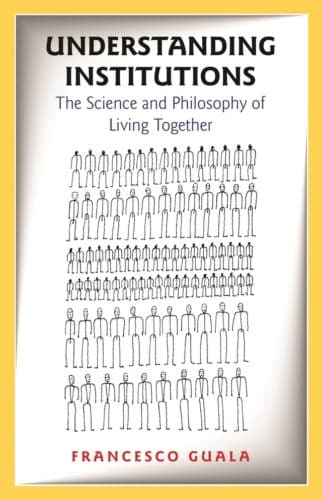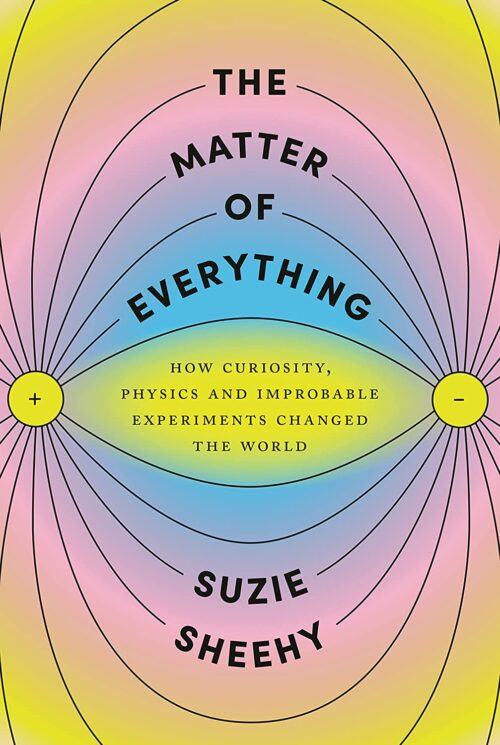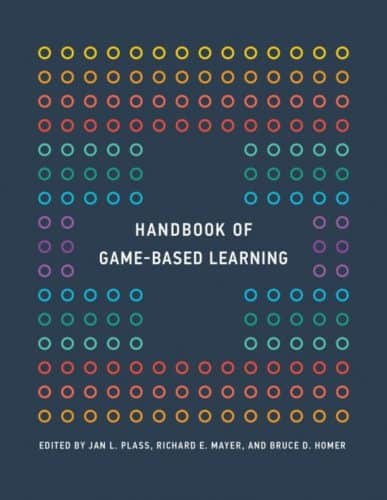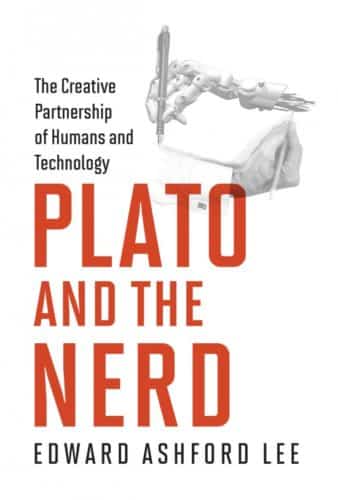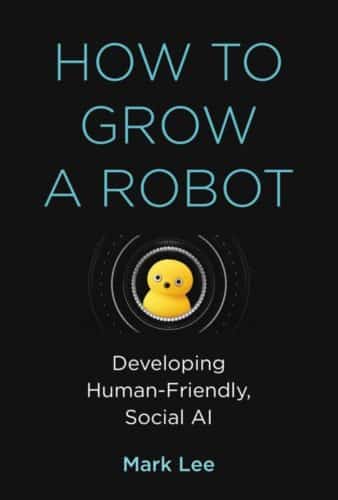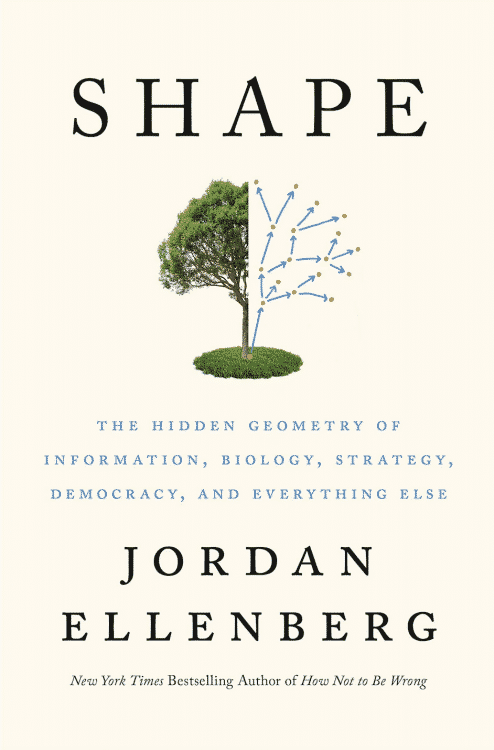How to Stay Smart in a Smart World? According to the doomsday prophets of technology, robots will one day rule the globe, leaving humans in their dust. While supporters of the tech business believe that replacing people with software could make the world a better place, tech industry critics warn of the potentially negative effects of surveillance capitalism. They are unanimous in their prediction that, in the not-too-distant future, machines will outperform humans in every aspect of human activity. Gerd Gigerenzer demonstrates why this is not the case in his book How to Stay Smart in a Smart World, in which he also instructs us on maintaining our agency in a world dominated by computer programs.
There are some tasks, such as playing chess, that are beyond the capabilities of machines powered by artificial intelligence (life-and-death decisions or anything involving uncertainty). Gigerenzer explains why algorithms frequently fail at finding us romantic partners (because love is not a game of chess), why self-driving cars fall prey to the Russian Tank Fallacy, and how judges and police are increasingly relying on nontransparent “black box” algorithms to predict whether a criminal defendant will re-offend or show up in court. He refers to Black Mirror, discusses the dilemma of privacy (people want privacy but give away their data), and describes how social media hooks us by intermittent programming reinforcement in the form of the “like” button. All of these ideas are related to the paradox of privacy. Gigerenzer reminds us that we shouldn’t blindly fear or trust intelligent technology but shouldn’t distrust it without giving it due consideration.







